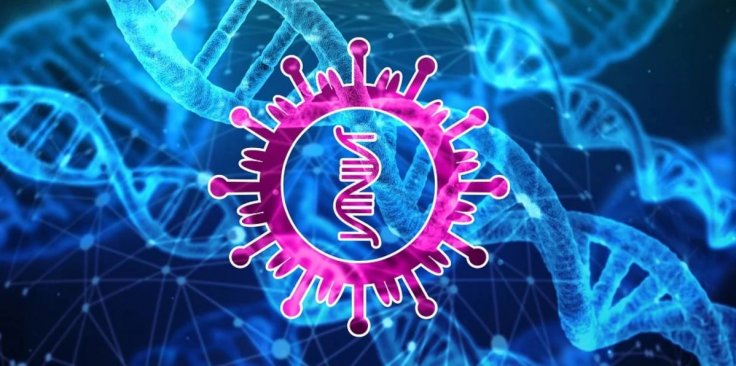As the world frantically seeks a cure or a vaccine against COVID-19, scientists from the University of Pittsburgh School of Medicine have made a discovery that may serve as a game-changer in the fight against the novel coronavirus. Researchers have isolated a biological molecule—smallest to date—that was found to completely and specifically eliminate the SARS-CoV-2 virus.
The molecule, which is a constituent of antibody, is 10 times smaller than a full-sized antibody. It was used to design a drug known as 'Ab8' for potential use as a prophylactic and therapeutic against the deadly coronavirus. The size of the drug particle increases its capacity for diffusion along with the potential of administering through various other routes such as inhalation. Notably, it did not bind with human cells, which offers hope for a lack of side effects.

John Mellors, co-author of the study, explained in a statement, "Ab8 not only has potential as therapy for COVID-19, but it also could be used to keep people from getting SARS-CoV-2 infections. Antibodies of larger size have worked against other infectious diseases and have been well-tolerated, giving us hope that it could be an effective treatment for patients with COVID-19 and for protection of those who have never had the infection and are not immune."
Increasing the Lethality of Antibodies
The minuscule antibody particle is a variable, heavy chain (VH) domain or subunit of immunoglobulin—a class of antibodies present in the body. It was observed "fishing" within a pool of over 100 billion prospective candidates where the SARS-CoV-2 spike protein served as bait. The Ab8 particle is created when the subunit is merged to the tail region of the immunoglobulin, effectively incorporating the immune abilities of a complete antibody without excess bulk.
Dimiter Dimitrov, senior of the study, was among some of the first researchers to uncover the antibodies neutralizing the SARS coronavirus in 2003. Over the years, Dimitrov's team has discovered antibodies against potent infectious diseases caused by MERS-CoV, Nipah, Hendra and dengue viruses. Importantly, the antibodies against Nipah and Hendra viruses have been studied in human beings and clinical trials have been approved in Australia for compassionate use.

While clinical trials for testing convalescent plasma as a treatment for COVID-19 are on across the world, there is not sufficient plasma to treat everyone ailing for the infectious disease. This served as the reason behind Dimitrov and his team isolating the gene for one or more antibodies that negate the SARS-CoV-2 virus and ultimately enable mass production.
Creating a Coronvirus Killer
In February, Wei Li, and co-lead author of the study, began screening through large reservoirs of antibody constituents synthesized using human blood samples. In record-breaking duration, he found numerous therapeutic antibody contenders, including Ab8. Next, a team led by co-author, Chien-Te Kent Tseng, testing Ab8 employing live SARS-CoV-2 virus.
They discovered that, at very small concentrations, Ab8 blocked the coronavirus from entering the cells completely. Armed with these results, Ralph Baric, co-author of the research, tested the drug at different concentrations in mice where a re-designed version of SARS-CoV-2 was used. Providing immense hope, the particles were found to decrease the quantity of the virus in mice by 10-fold when compared to untreated ones. Ab8 was also found to be efficient in treating and preventing COVID-19 in hamsters.









